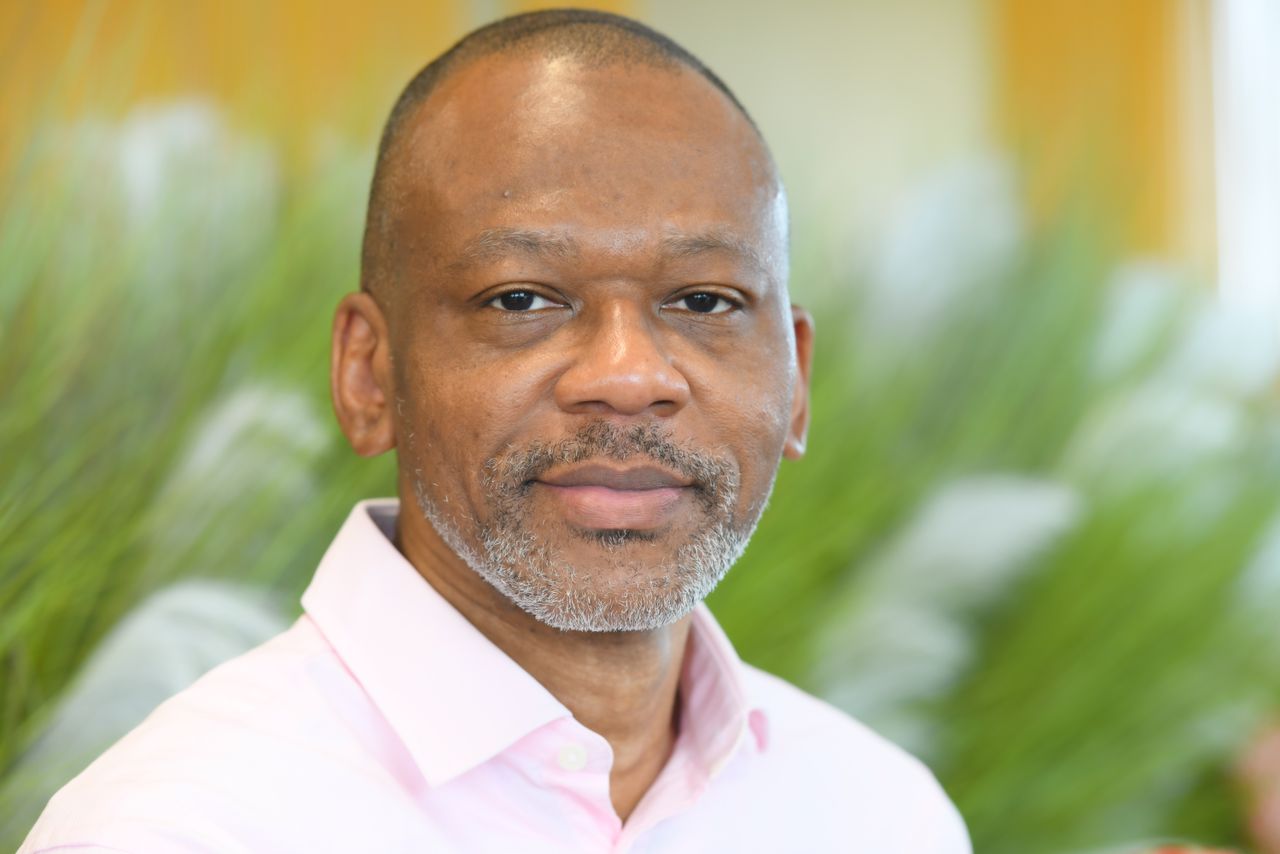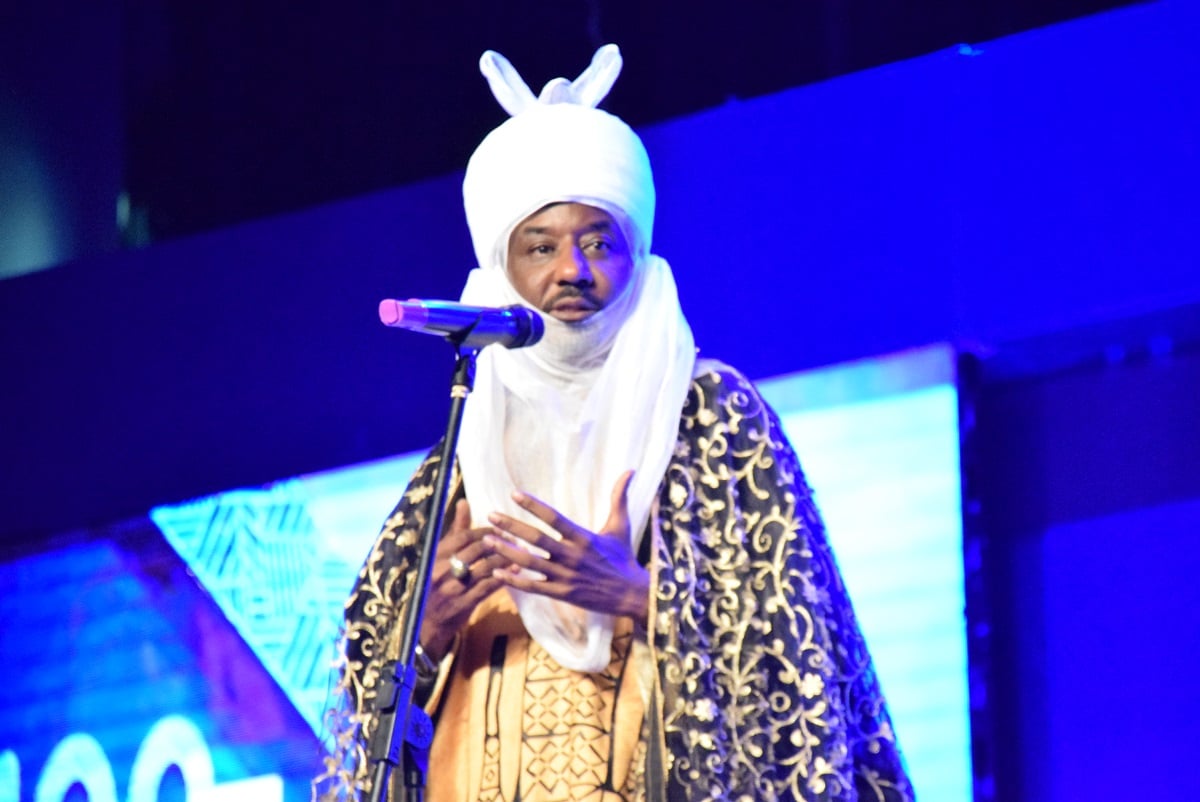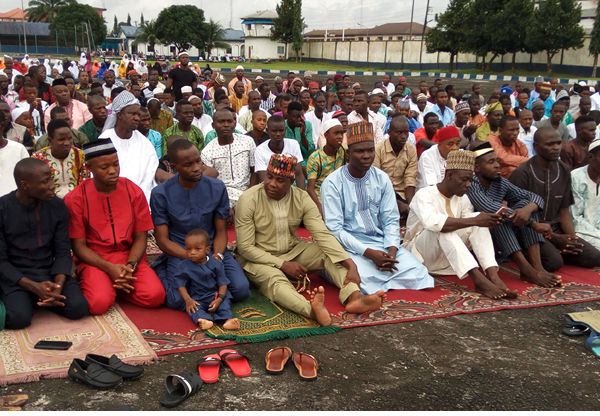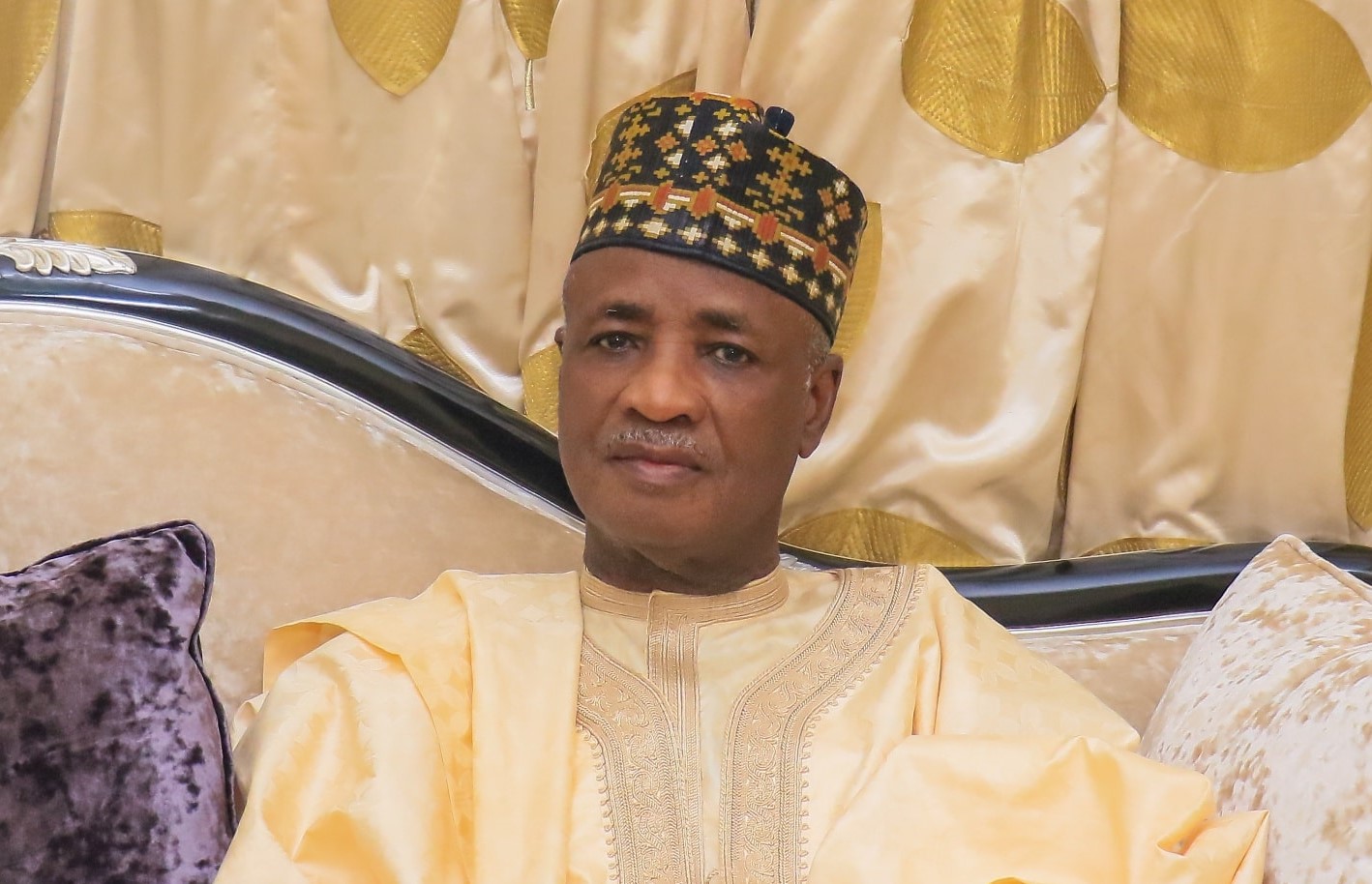Oshin:
Gavi, the vaccine alliance, has supported Nigeria as far back as 2001 when the country became eligible for Gavi funding. Over the years, it has provided substantial financial assistance to Nigeria’s vaccination programmes.
Tokunbo Oshin, director of high-impact countries at Gavi, in this interview with TheCable’s JESUPEMI ARE, delves into the organisation’s work in Nigeria and how it has tackled issues like vaccine hesitancy and storage.
TheCable: What are some of the biggest challenges Gavi has faced in ensuring equitable vaccine access in Nigeria, particularly considering the country’s large and diverse population?
Oshin: Nigeria’s large and diverse population presents logistical and operational hurdles especially those in remote or underserved areas and ‘zero-dose children’. That is, those who have not received a single dose of diphtheria, tetanus and pertussis-containing vaccine.
Advertisement
Nigeria currently has the highest number of zero-dose children globally, at 2.3 million as of 2022, with over half of them residing in urban areas, remote communities, and conflict-affected regions.
In all the countries Gavi has worked in, vaccine hesitancy, inadequate healthcare infrastructure in some regions, and political instability can further complicate efforts to achieve widespread immunisation coverage.
Addressing these issues requires going beyond a national approach. Gavi has initiated direct investments in eight states – Bayelsa, Gombe, Jigawa, Katsina, Kebbi, Niger, Taraba and Zamfara – in partnership with UNICEF, WHO, and the Nigeria Governor’s Forum (NGF), serving as a flagship model for Gavi’s approach. Nigeria, in this respect, is an example of how tailored subnational plans level can address unique contexts in communities.
Advertisement
TheCable: Vaccine effectiveness relies heavily on proper storage and transportation. How does Gavi support strengthening the cold chain infrastructure in Nigeria to ensure the safe and effective delivery of vaccines across the country?
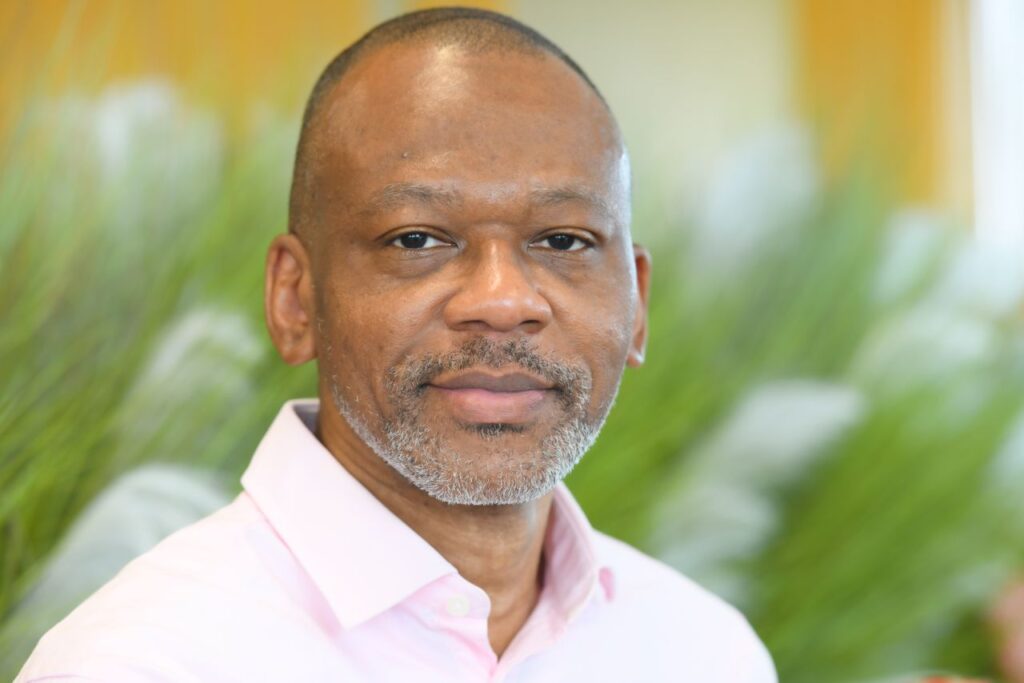
Oshin: As part of the long-term impact of COVID-19 delivery support, Gavi, through COVAX, provided support to 35 countries, including Nigeria, for a total of $2.5 million, with cold chain infrastructure including cold rooms, vaccine fridges, cold chain equipment and refrigerated trucks.
Other delivery innovations include using cheaper, faster, greener, and more effective drones for reaching the last mile. In 2022, we worked with our partner Zipline on expanding this to Nigeria, where drones are delivering vaccines to communities in Kaduna and Cross River states. We delivered the millionth dose in November 2023.
TheCable: Vaccine hesitancy can be a hurdle to achieving high immunisation rates. How does Gavi collaborate with Nigerian authorities to address vaccine hesitancy and promote vaccine confidence?
Advertisement
Oshin: Vaccines are one of the most cost-effective investments in health and development in history, but vaccine hesitancy can sometimes be a hurdle. This is especially true with new vaccines that require knowledge sharing and awareness building – making sure there are clear answers to legitimate questions communities may have.
Gavi collaborates with Nigeria’s ministry of health, National Primary Health Care Development Agency (NPHCDA), our Alliance partners such as UNICEF, WHO, as well as local leaders, healthcare providers, and civil society organisations to address vaccine hesitancy and promote vaccine confidence through public awareness campaigns, community engagement programmes, and advocacy efforts.
The goal is to address vaccine hesitancy, answer questions, build trust, and emphasise the importance of vaccination. We provide dedicated funding for these activities whenever a new vaccine is being introduced in a Gavi-supported country.
A recent example of this is the introduction of the HPV vaccine in the country in October 2023, which saw Her Excellency, Oluremi Tinubu, the first lady of Nigeria, various religious and community leaders, and governors all involved in supporting the rollout. A vital part of the approach is ensuring the message is shared by diverse and trusted voices that reflect the diverse communities in which a vaccine is being introduced.
Advertisement
TheCable: Is Gavi involved in any initiatives to support domestic vaccine production in Nigeria? This could be a game-changer for long-term vaccine security.
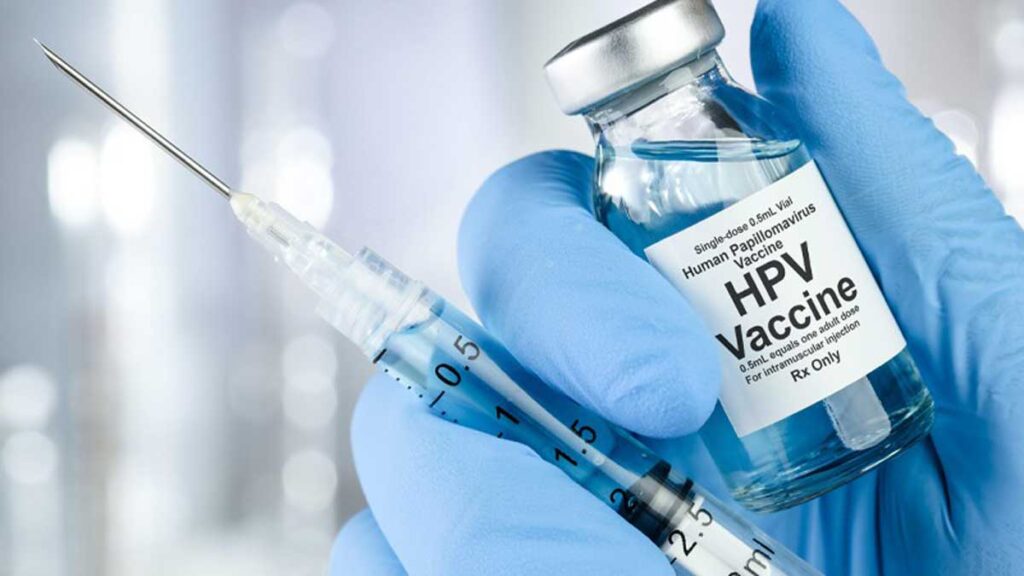
Oshin: Investing in this area is a top priority for Gavi and a key learning from the COVID-19 pandemic. We have already begun to take concrete action. In 2022, we launched a regional manufacturing strategy developed in collaboration with the African Union, Africa CDC and the G7.
Advertisement
As a key pillar of that strategy, we have worked with Africa CDC and the AU to design a new innovative financing instrument, called the African Vaccine Manufacturing Accelerator (AVMA) to support African manufacturing. This $1 billion instrument was approved by the Gavi board in December 2023. It will be launched in June 2024 at an event co-hosted by France, the African Union and Africa CDC. This launch event will also set out the case to donors to make vital pledges to enable Gavi’s next five years of immunisation support for countries.
TheCable: The field of vaccines is constantly evolving. Can you share any examples of how Gavi is supporting the introduction of new and innovative vaccines in Nigeria?
Advertisement
Oshin: MenFive is one great example, but others include the human papillomavirus (HPV) vaccine that was introduced in routine immunisation in Nigeria in October last year. Girls aged 9–14 years will receive a single dose of the vaccine, which is highly efficacious in preventing infection with HPV types 16 and 18, which are known to cause at least 70% of cervical cancers [the third most common cancer and the second most frequent cause of cancer deaths among Nigerian women aged between 15 and 44].
Since 2000, Gavi has supported Nigeria to introduce new vaccines including Rotavirus, MenA, Inactivated Polio Vaccine (IPV2), and Yellow Fever. Every five years, new vaccines are introduced to the portfolio Gavi offers countries. Recent examples include the new malaria vaccine which Nigeria plans to roll out. Other new vaccines Gavi will be offering soon include the hexavalent vaccine, rabies post-exposure prophylaxis (PEP) vaccine, and a birth-dose hepatitis-B vaccine. The investment case for our next five-year strategy, which will be launched in June of this year, will outline other new vaccines Gavi intends to support.
Advertisement
TheCable: Nigeria became the first country to receive the new MenFive meningitis vaccine. Can you elaborate on the factors that contributed to this swift deployment in response to the ongoing outbreak?
Oshin: The doses shipped are intended to address the ongoing outbreak of meningococcus C, to vaccinate about a million children. We have successfully transitioned from responding to outbreaks to implementing preventive campaigns and routine vaccinations for diseases such as meningitis and yellow fever. We are now working towards doing the same for cholera.
Nigeria’s swift deployment of the MenFive meningitis vaccine in response to the ongoing outbreak was facilitated by close collaboration between Gavi, the Nigerian government, and other partners such as WHO’s international coordinating group (ICG) on vaccine provision. Factors contributing to this included pre-existing partnerships, preparedness efforts, and the availability of funding and technical support from Gavi to expedite procurement and delivery of the vaccine.
TheCable: Vaccines have a significant impact on public health outcomes. Can you share any data or success stories on how Gavi-supported vaccinations have improved public health in Nigeria?
Oshin: Gavi has been a long-standing partner of Nigeria. We’ve worked together for over 20 years to improve access to new and under-used vaccines for millions of the most vulnerable children. Together, we have made tremendous progress. In 2001, coverage in Nigeria for DTP3 stood at 27 percent and in 2022, it rose to 62 percent.
There has been substantial progress in the last five years towards increasing immunisation coverage, reducing the number of zero-dose children, and working towards a sustainable immunisation programme. While notable advancements have been achieved in all areas of Gavi’s investment, efforts are required to address regional disparities in immunisation coverage and health system strengthening.
The Nigerian government’s share of vaccine financing has risen from 4% in 2019 to 35% in 2021, and the Basic Health Care Provision Fund (BHCPF) has been operationalised with an allocation of 1% of consolidated revenues.
TheCable: Looking ahead, what are Gavi’s priorities for continued collaboration with Nigeria to strengthen the country’s immunisation programmes?
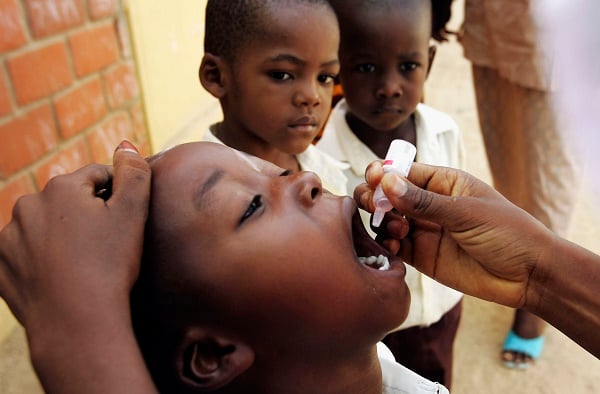
Oshin: Gavi will continue to work with other partners such as UNICEF and WHO to enhance Nigeria’s vaccine supply chain management, improve surveillance and monitoring systems, address vaccine hesitancy and misinformation, expand access to new and underutilised vaccines, and build sustainable immunisation financing mechanisms.
TheCable: How does the MenFive vaccine differ from the meningitis vaccines previously used in Nigeria? What are the potential advantages of MenFive?
Oshin: The MenFive vaccine protects against the five main serogroups of meningococcal meningitis impacting Africa – meningococcal serogroups A, C, W, Y, and X. It is the only vaccine that protects against serogroup X.
Over the years, Gavi has worked with countries including Nigeria to support vaccination against meningitis A, reaching nearly 400 million children through campaigns and routine immunisation. These efforts have helped Africa defeat meningitis A, with no new cases detected on the continent since 2017.
The addition of MenFive to the health systems’ toolkit holds out the possibility that the other circulating serogroups could also one day be defeated while ensuring continued protection against serogroup A.
TheCable: The MenFive deployment addresses the immediate outbreak. Does Gavi have a longer-term strategy in collaboration with Nigeria to prevent future meningitis outbreaks?
Oshin: This first shipment signals the inclusion of MenFive in Gavi’s portfolio as part of the stockpile for outbreak response; but to support long-term protection against these serogroups, we aim to expand the multivalent meningococcal conjugate vaccine (MMCV) programme overall which will see the MenFive vaccine rolled out through routine immunisation catch-up campaigns in high-risk regions.
This means countries will soon be able to apply for this support, but the future of this programme will depend on a successful fundraising push for Gavi’s next five-year strategy, which will cover 2026-2030. The event in June will lay out the investment case to donors to support this programme and others.
Add a comment
